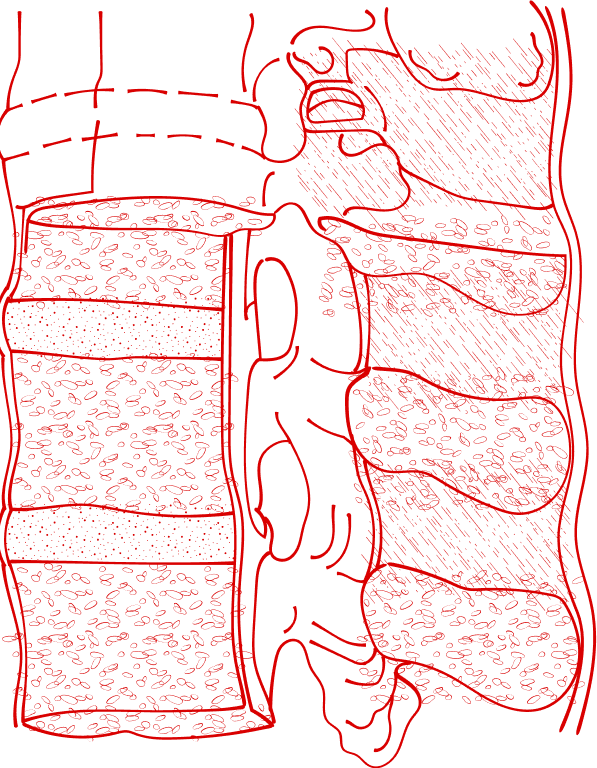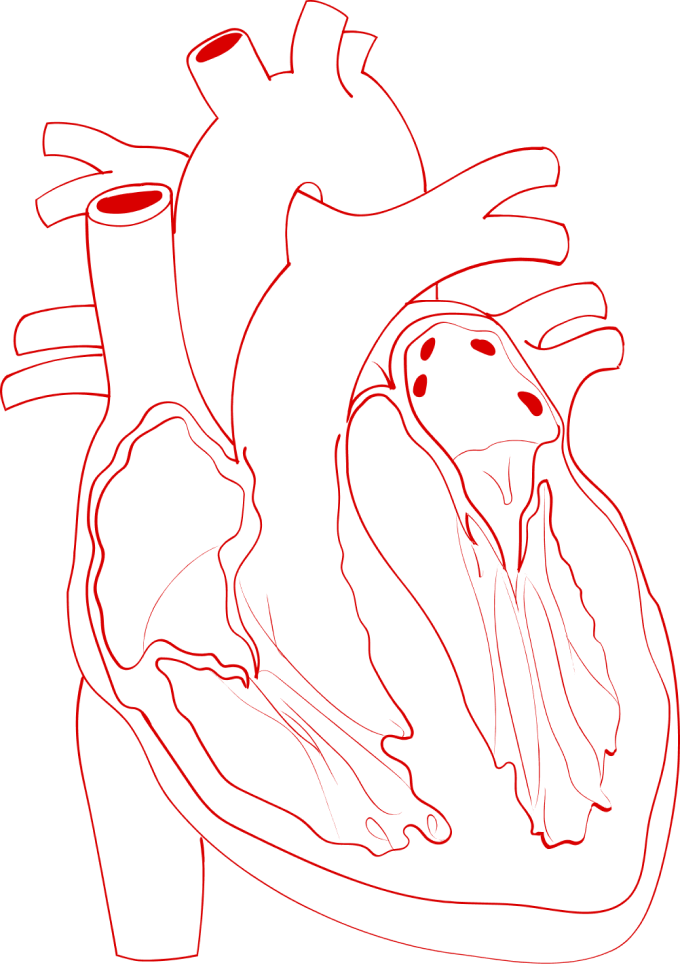Search
Physical Activity and Brain Health Research Group
Keywords: physical activity, exercise training, exercise breaks, brain health, cognitive function, memory, attention, mind wandering, academic performance, mental well-being.
Overview of Main Activities: The research group focuses on exploring the relationship between physical activity and brain health across the lifespan. The aim of the studies conducted within the group is to understand how different types and intensities of physical activity influence mental well-being and cognitive abilities/functions in children, adolescents, adults, and older individuals.
Research Group Members
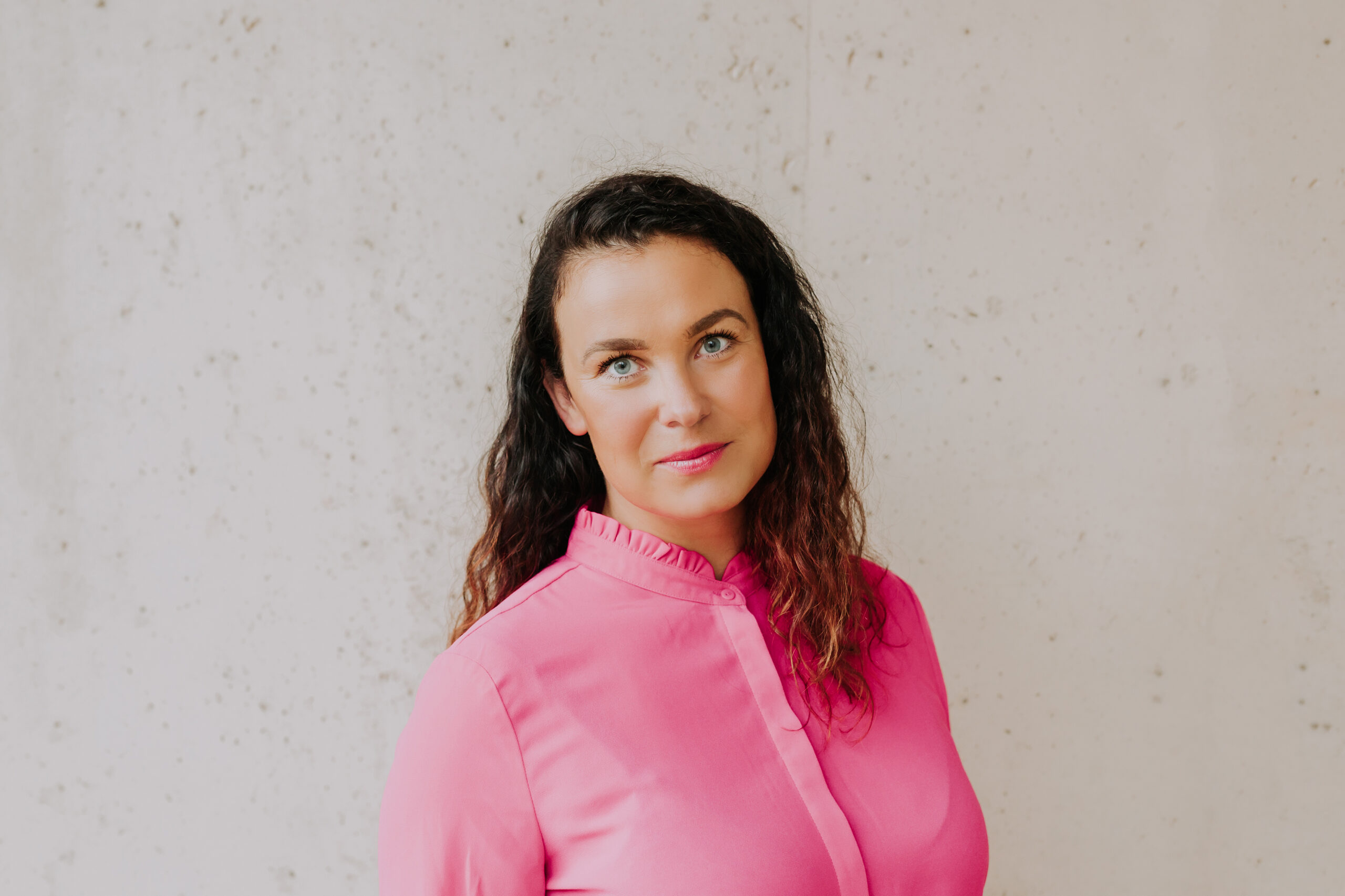
MARIT SALUS,
PhD, Research Group Leader (public health science)
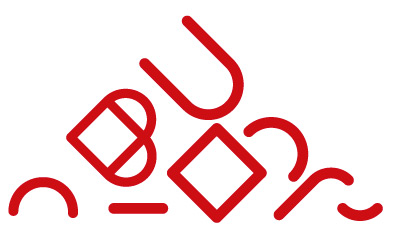
SIRET LÄÄNELAID, MSc (health sciences)

MERLE VARIK, PhD (social sciences)
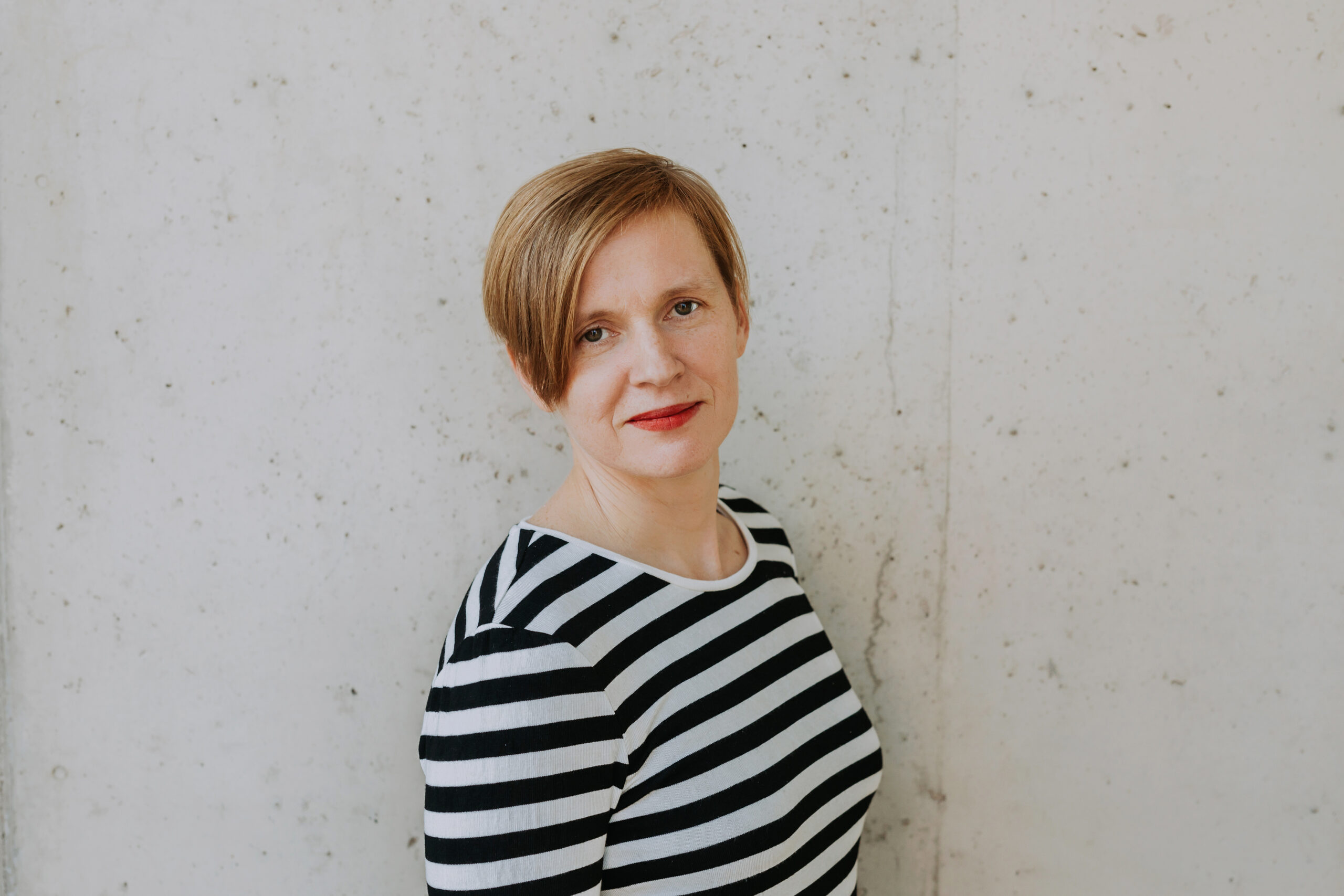
IVI VAHER, MSc (sport sciences)

KATRIN TINT, MSc (psychology)
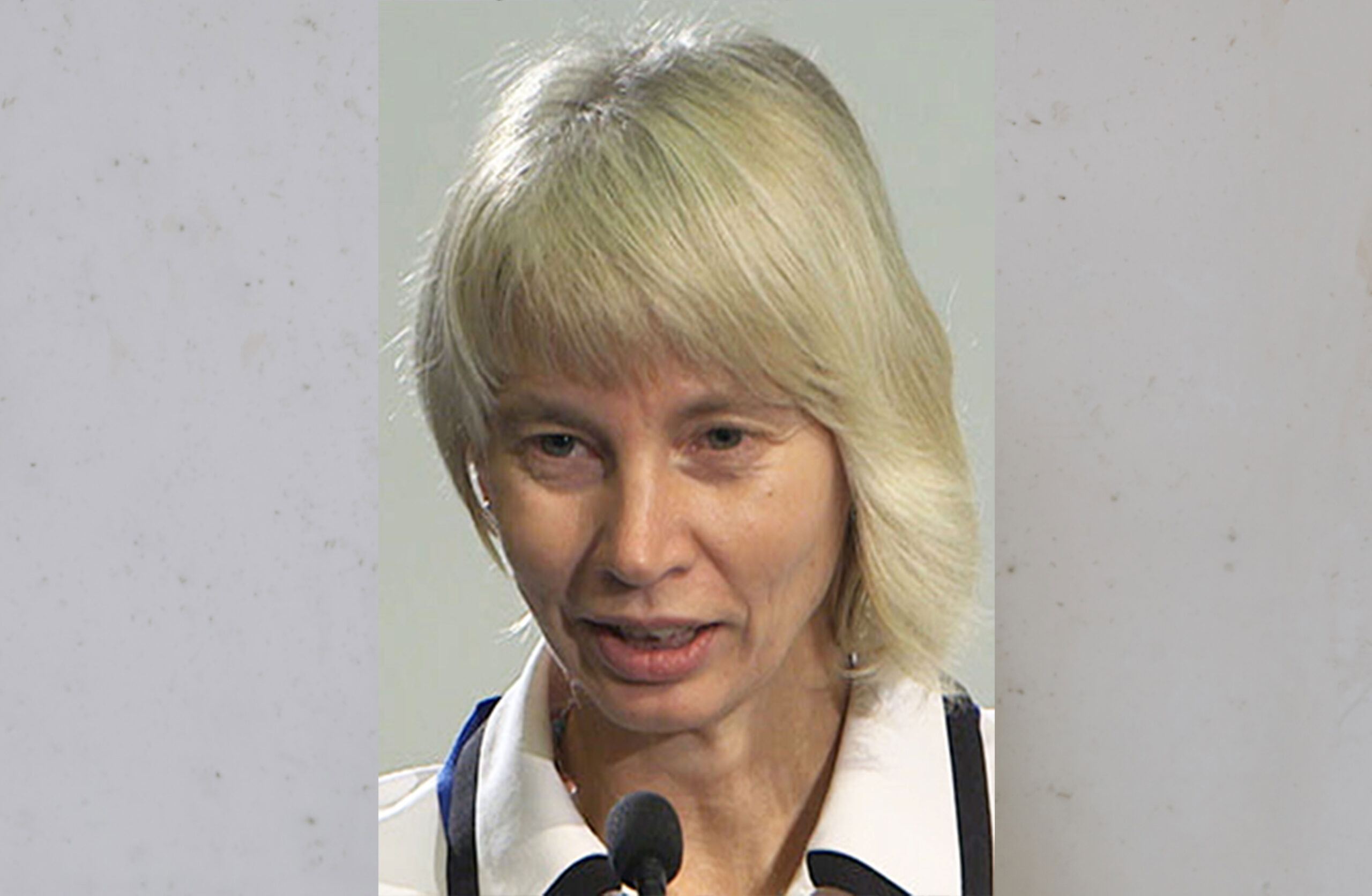
JELENA SOKK, PhD (sport sciences)
Research Background:
Scientific research has shown that regular physical activity is associated with reduced stress, anxiety, and symptoms of depression, as well as increased psychological well-being and positive emotions. In children, regular movement supports cognitive development, improving memory and attention; in young adults, it may enhance learning skills and academic success; and in older adults, physical activity helps slow cognitive decline and supports brain plasticity – the brain’s ability to adapt, learn, and maintain mental functions during aging.
In addition to general physical activity, the research group investigates targeted interventions, such as short physical activity breaks during sedentary work or study sessions. These short active breaks can stimulate circulation, activate brain function, and improve concentration. The group analyses how various forms of movement – from daily moderate physical activity to structured exercise programs – strengthen the connection between body and brain, promoting both mental and physical well-being.
Publications:
- Läänelaid S, Ortega F, Kunovac Kallak T, Joelsson l, Ruiz J, Hreinsson J, Wånggren K, Stavreus-Evers A, Kalda R, Salumets A, Altmäe S. (2021). Physical and Sedentary Activities in Association with Reproductive Outcomes among Couples Seeking Infertility Treatment: A Prospective Cohort Study. International Journal of Environmental Research and Public Health, 18 (5), 2718. DOI: 10.3390/ijerph18052718.
- Salus M, Tillmann V, Remmel L, Unt E, Mäestu E, Parm Ü, Mägi A, Tali M, Jürimäe J. (2023). Serum Osteocalcin, Sclerostin and Lipocalin-2 Levels in Adolescent Boys with Obesity over a 12-Week Sprint Interval Training. Children (Basel). 8;10(5):850. doi: 10.3390/children10050850. PMID: 37238398; PMCID: PMC10216930.
- Salus M, Tillmann V, Remmel L, Unt E, Mäestu E, Parm Ü, Mägi A, Tali M, Jürimäe J. (2022). Effect of Supervised Sprint Interval Training on Cardiorespiratory Fitness and Body Composition in Adolescent Boys with Obesity. Journal of Sports Sciences. ;40(18):2010-2017. doi: 10.1080/02640414.2022.2125199. Epub 2022 Sep 20. PMID: 36126151.
- Salus M, Tillmann V, Remmel L, Unt E, Mäestu E, Parm Ü, Mägi A, Tali M, Jürimäe J. (2022). Effect of Sprint Interval Training on Cardiometabolic Biomarkers and Adipokine Levels in Adolescent Boys with Obesity. International Journal of Environmental Research and Public Health. 3;19(19):12672. doi: 10.3390/ijerph191912672. PMID: 36231972; PMCID: PMC9564781.
- Sõritsa D, Mäestu E, Nuut M, Mäestu J, Migueles J, Läänelaid S, Ehrenberg A, Sekavin A, Sõritsa A, Salumets A, Ortega F, Altmäe S. (2020). Maternal physical activity and sedentary behaviour before and during in vitro fertilization treatment: a longitudinal study exploring the associations with controlled ovarian stimulation and pregnancy outcomes. Journal of Assisted Reproduction and Genetics. DOI: 10.1007/s10815-020-01864-w.
Students’ Theses Related to the Research Group’s Work:
- Kurvits, M. (2020). Kõrge intensiivsusega intervalltreening ning mõõduka intensiivsusega kestev treening ning nende omavaheline võrdlus kehakoostise muutumisel. Tartu Tervishoiu Kõrgkool. Lõputöö. (Juhendaja: M. Salus)
- Tamm, K. (2022). Füüsilise aktiivsuse olulisus Alzheimeri tõve ennetamisel. Tartu Tervishoiu Kõrgkool. Lõputöö. (Juhendaja: M. Varik)
- Pullerits, M. (2025). Jõutreeningu mõju vanemaealiste kognitiivsele võimekusele. Tartu Tervishoiu Kõrgkool. Lõputöö. (Juhendajad: I. Vaher, M. Varik)
- Aru, I. (2025). Lihasvõimsuse languse põhjused, selle hindamise ja arendamise metoodikad vanemaealistel. Tartu Tervishoiu Kõrgkool. Lõputöö. (Juhendaja: I. Vaher)
